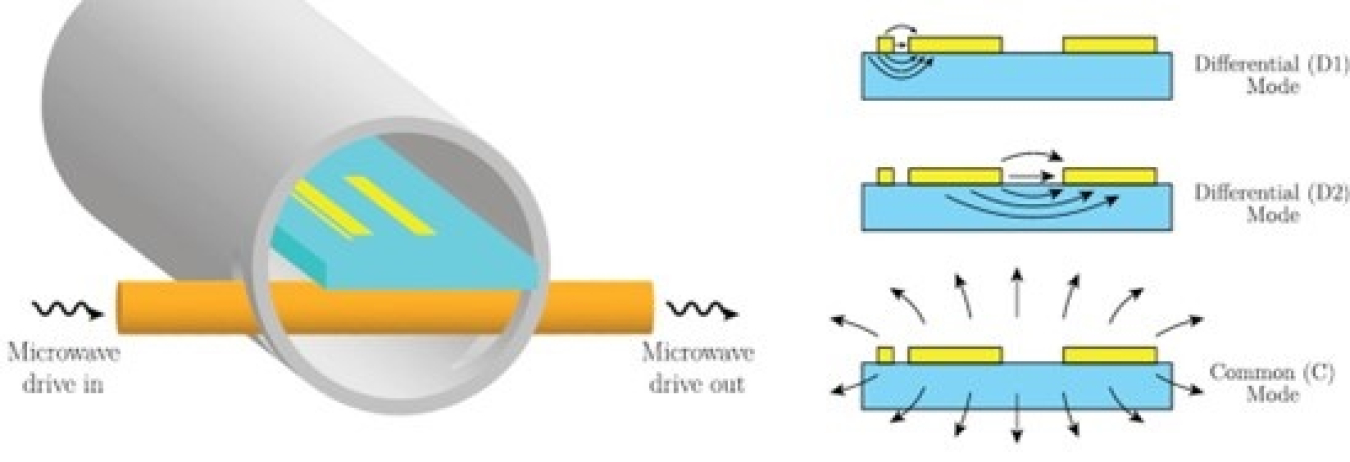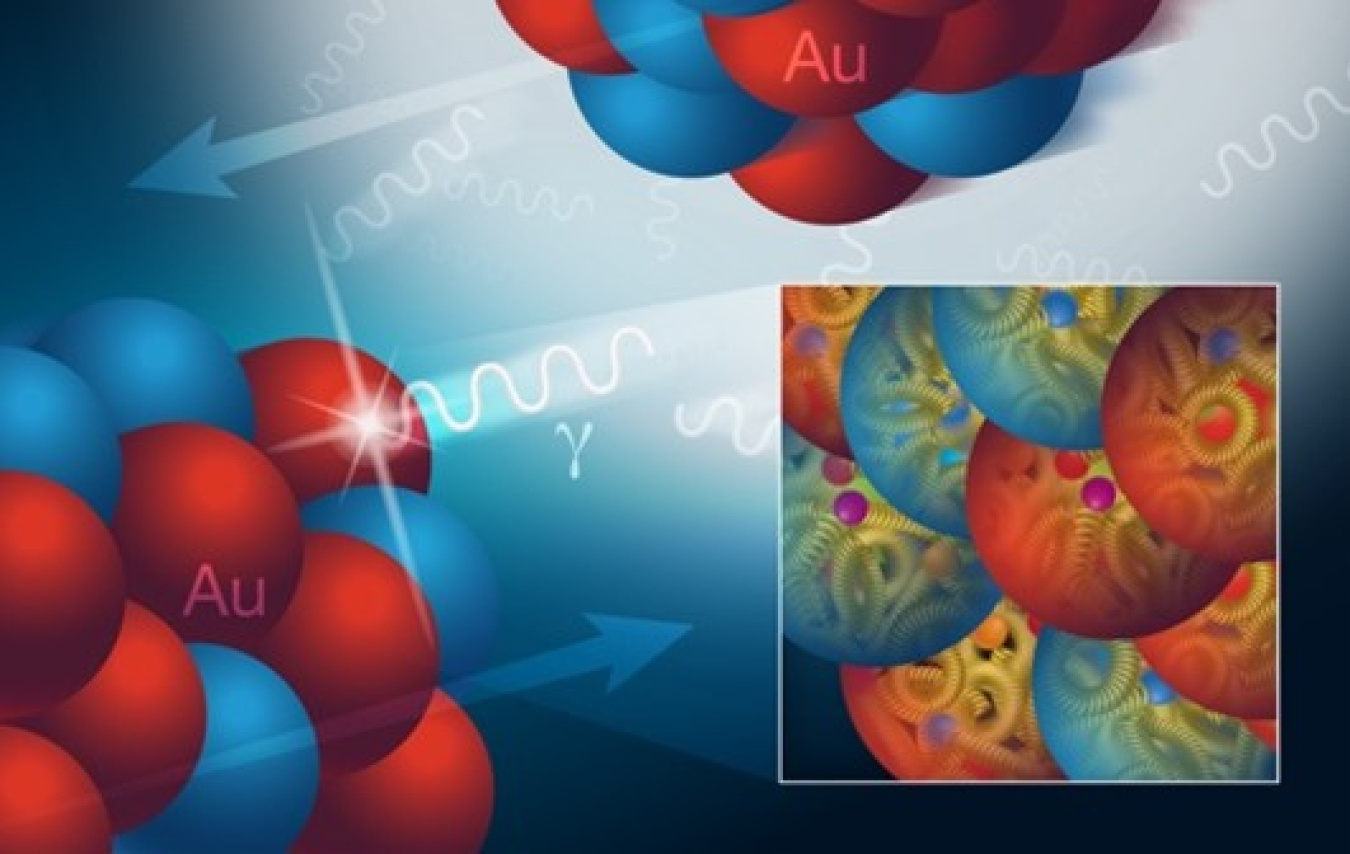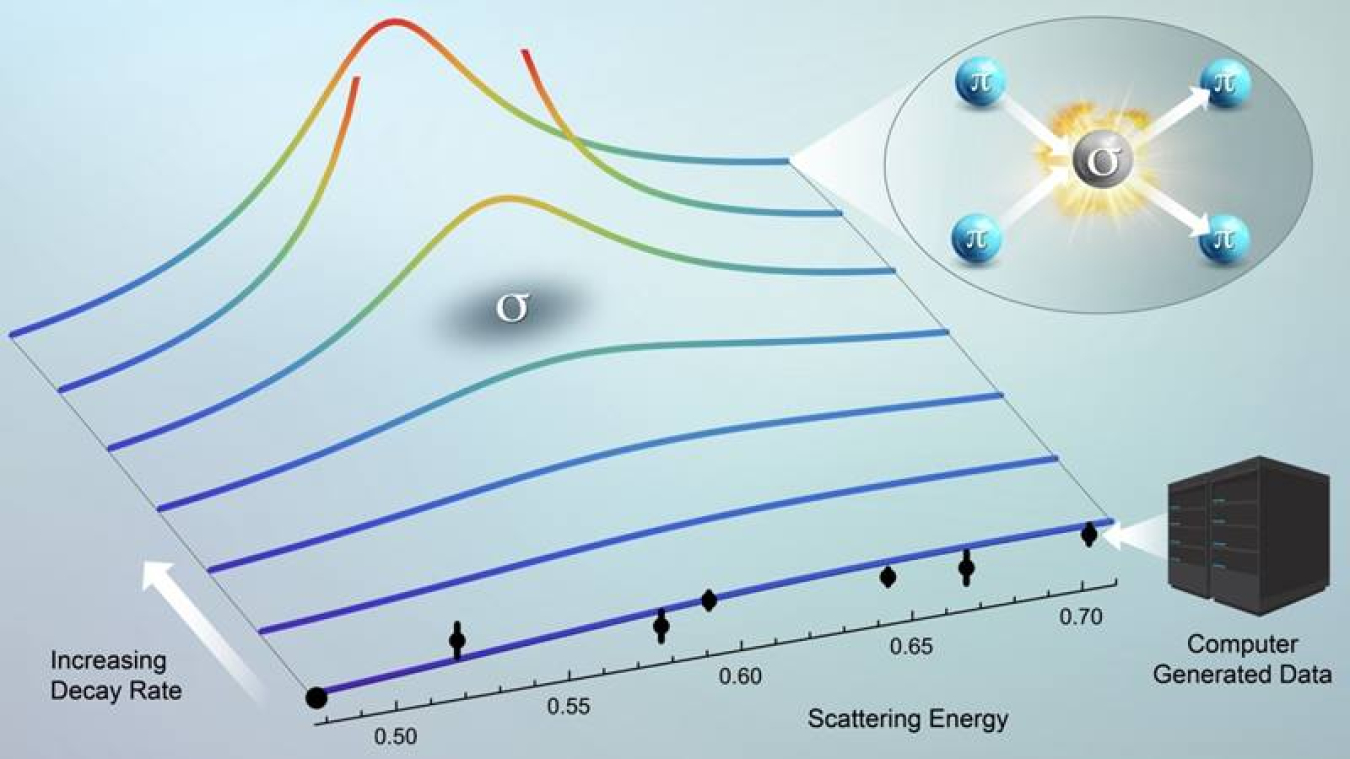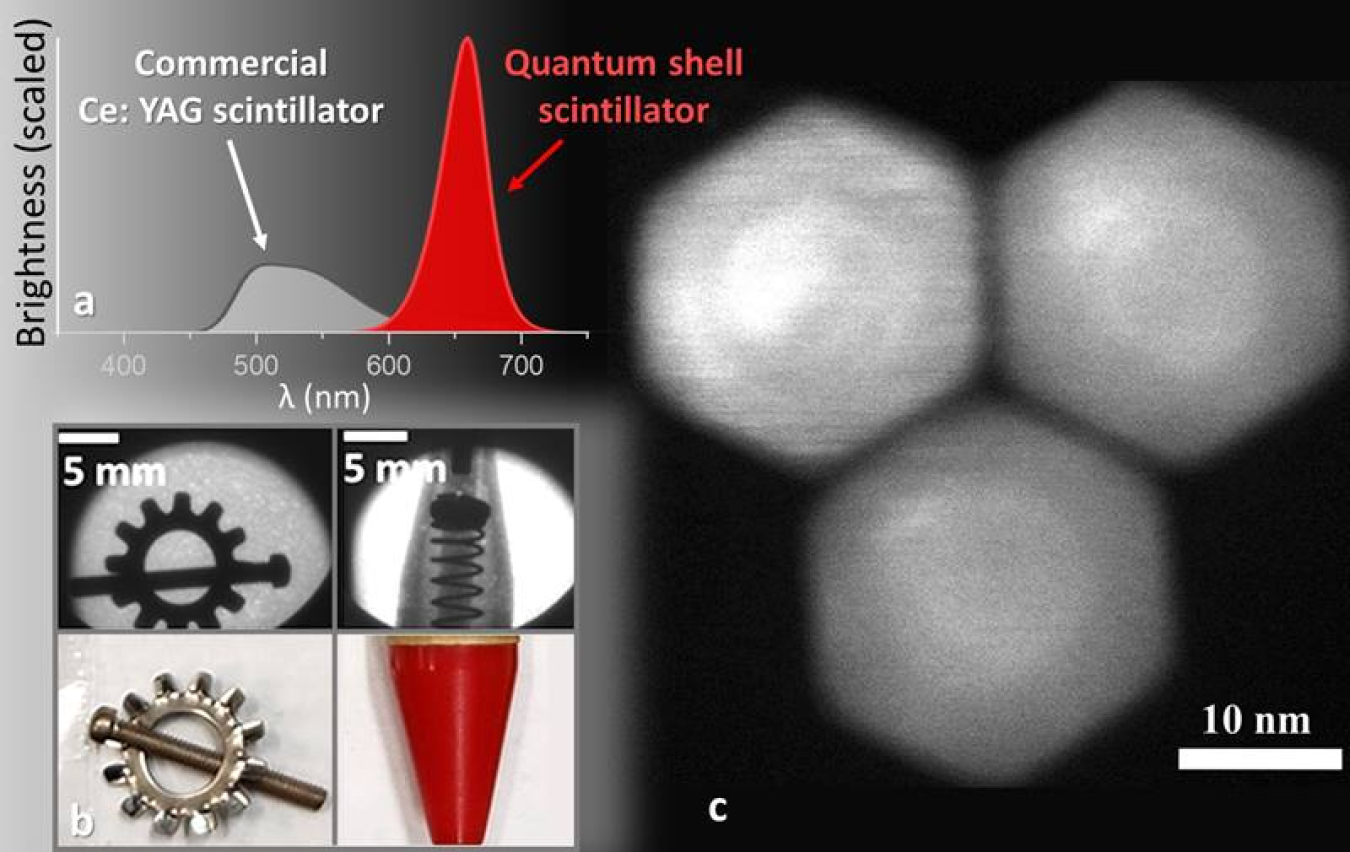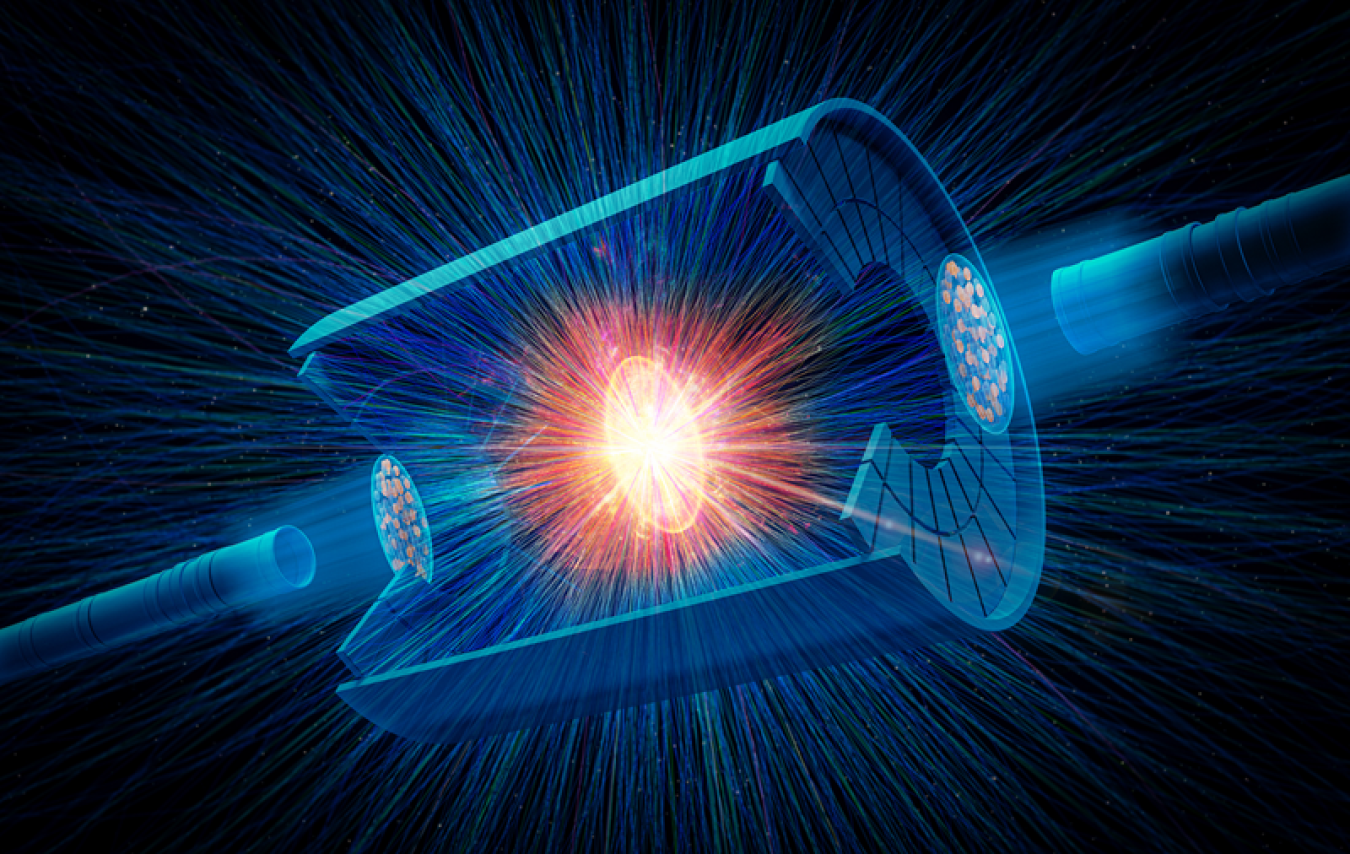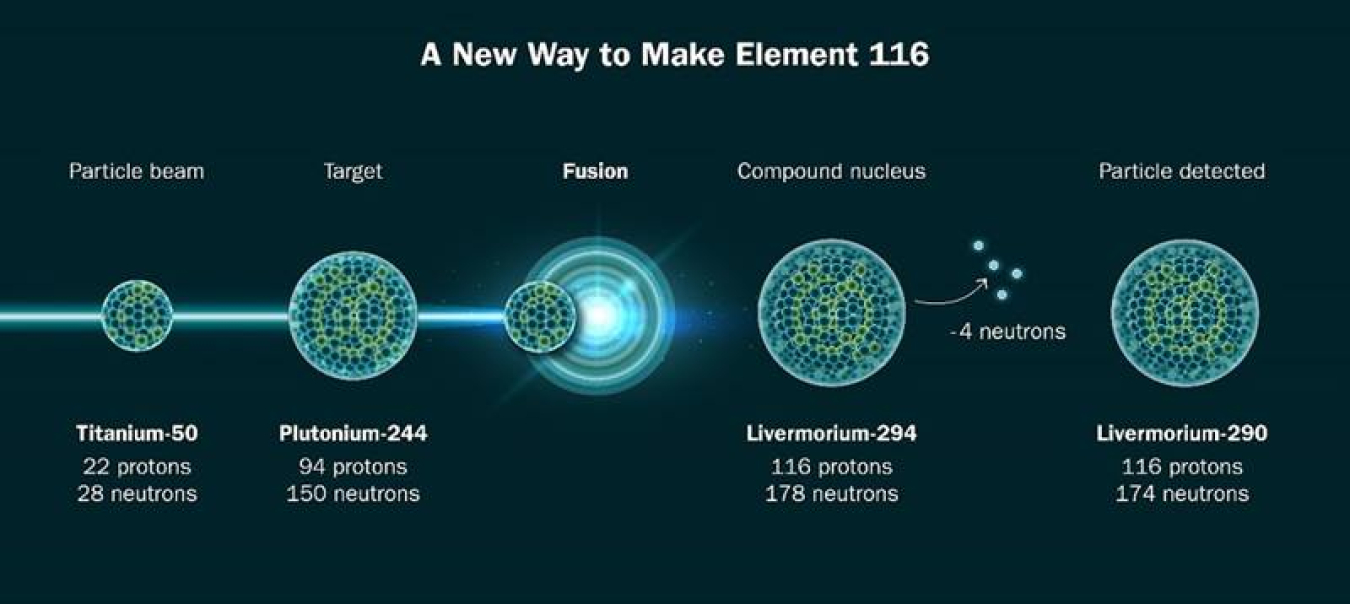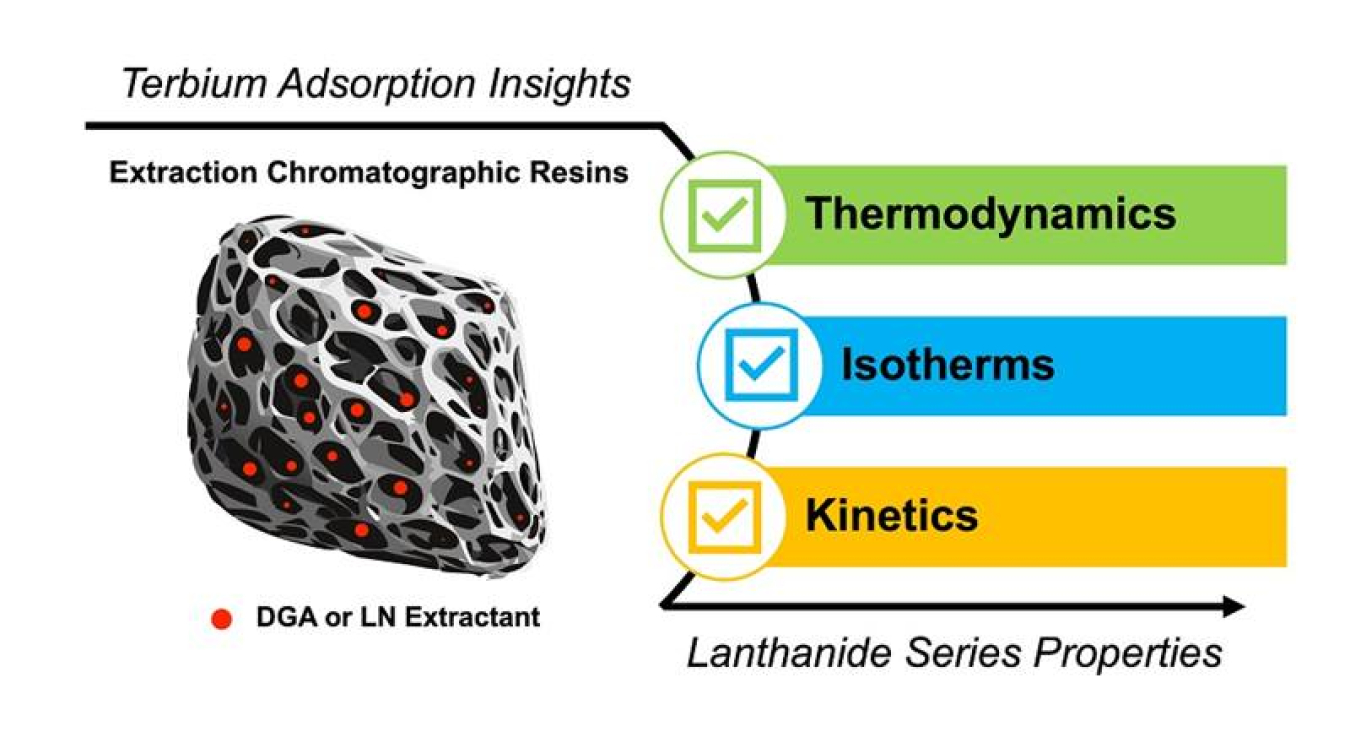Advancing Quantum Technology: Tantalum's Impact on Next Generation Qubits
Department of Energy, Office of ScienceIf qubits lose energy, they can lose coherence and thus their stored information. Determining the key sources of energy loss and adjusting how qubits are made can help researchers design new devices that can retain coherence and thus quantum information for longer amounts of time. In this study, researchers designed a novel way to characterize energy losses in a thin-film resonator. The work found that tantalum construction and annealed sapphire substrates improve device performance.
